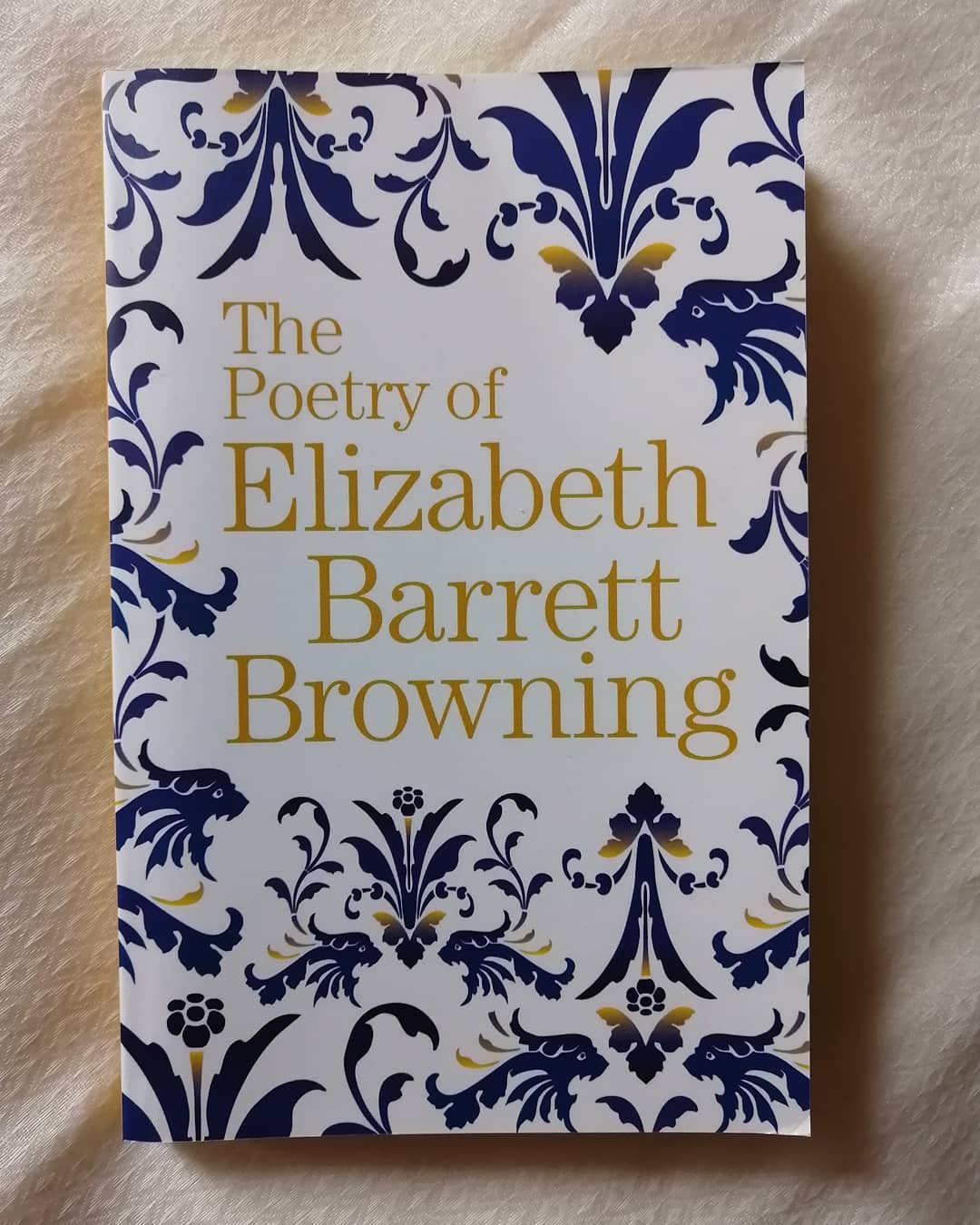Is it ‘its’ or ‘it’s’?
If you have ever asked yourself that question, you are in the right place! Even if you are uncertain of the answer, know that by asking that question, you show more awareness of the possibility of making a mistake here than many people do – native English speakers included – who unfortunately mix up these two without realising it.
The answer is straightforward: the difference all depends on understanding the role of the apostrophe, that little mark like a comma that seems suspended in the air. I will explain what I mean through the following points.
1) An apostrophe indicates that a letter has been removed to reflect the spoken sound in natural speech intonation. For this reason, whenever we see ‘it’s’ with an apostrophe, we should take it to be a shortening of ‘it is’, where one letter has been removed so that the pronoun and verb tense are joined together. The apostrophe there reminds us that a letter is missing.
2) As for ‘its’, this is a single word without any missing letter. It is a possessive pronoun that indicates something belongs to another thing or entity. A possessive pronoun is never written with an apostrophe. If it helps, remember that the other possessive pronouns – my, mine, your, his, her, hers, our, ours, your, yours, their, theirs – do not have apostrophes either; they too are single words in themselves.
3) Possessive apostrophes do exist however: they appear after a noun such as ‘Mary’s book’, ‘Tom’s house’ or ‘the president’s car’.
✍️ But remember: even if such nouns need the possessive apostrophe, possessive pronouns do not have possessive apostrophes. So you may write ‘that book is Mary’s’, but do not write ‘that book is her’s’ – write instead ‘that book is hers.’
4) How often are apostrophes used to indicate a missing letter?
📝 They appear in common contracted constructions such as ‘haven’t’, ‘couldn’t’, ‘aren’t’, ‘won’t’ (not to be confused with ‘wont’, an adjective meaning ‘in the habit of / used to [doing something]’: e.g. ‘He was wont to read the newspaper before breakfast every morning’).
Besides this, many poets, lyricists and song or hymn writers use apostrophes when they want to reduce the number of syllables in a line or stanza. This practice was more commonplace in the past than it is now. One common contraction was ‘o’er’, short for ‘over’, as we can see in Elizabeth Barrett Browning’s gentle poem, ‘To Autumn’ (I include here just the last two stanzas of the five the poem comprises of):
The dearest hands that clasp our hands, —
Their presence may be o’er;
The dearest voice that meets our ear,
That tone may come no more!
Youth fades; and then, the joys of youth,
Which once refresh’d our mind,
Shall come — as, on those sighing woods,
The chilling autumn wind.Hear not the wind — view not the woods;
Look out o’er vale and hill-
In spring, the sky encircled them —
The sky is round them still.
Come autumn’s scathe — come winter’s cold —
Come change — and human fate!
Whatever prospect Heaven doth bound,
Can ne’er be desolate.
– Elizabeth Barrett Browning, ‘To Autumn’ (c. 1838)
In these two stanzas you can see the use of apostrophes in several of the ways mentioned above. Firstly, we see the apostrophe being used to show that the letter ‘v’ is missing from ‘o’er’. But we also see Barrett Browning using the possessive apostrophe when she writes of ‘autumn’s scathe’ or ‘winter’s cold’. She then concludes the poem with another ‘missing letter apostrophe’ in ‘ne’er’ – short for ‘never’ – so that her final line ends with six syllables, as her other stanzas did.
Hopefully this brings more clarity on the great value of one of the smallest punctuation marks in the English language.




